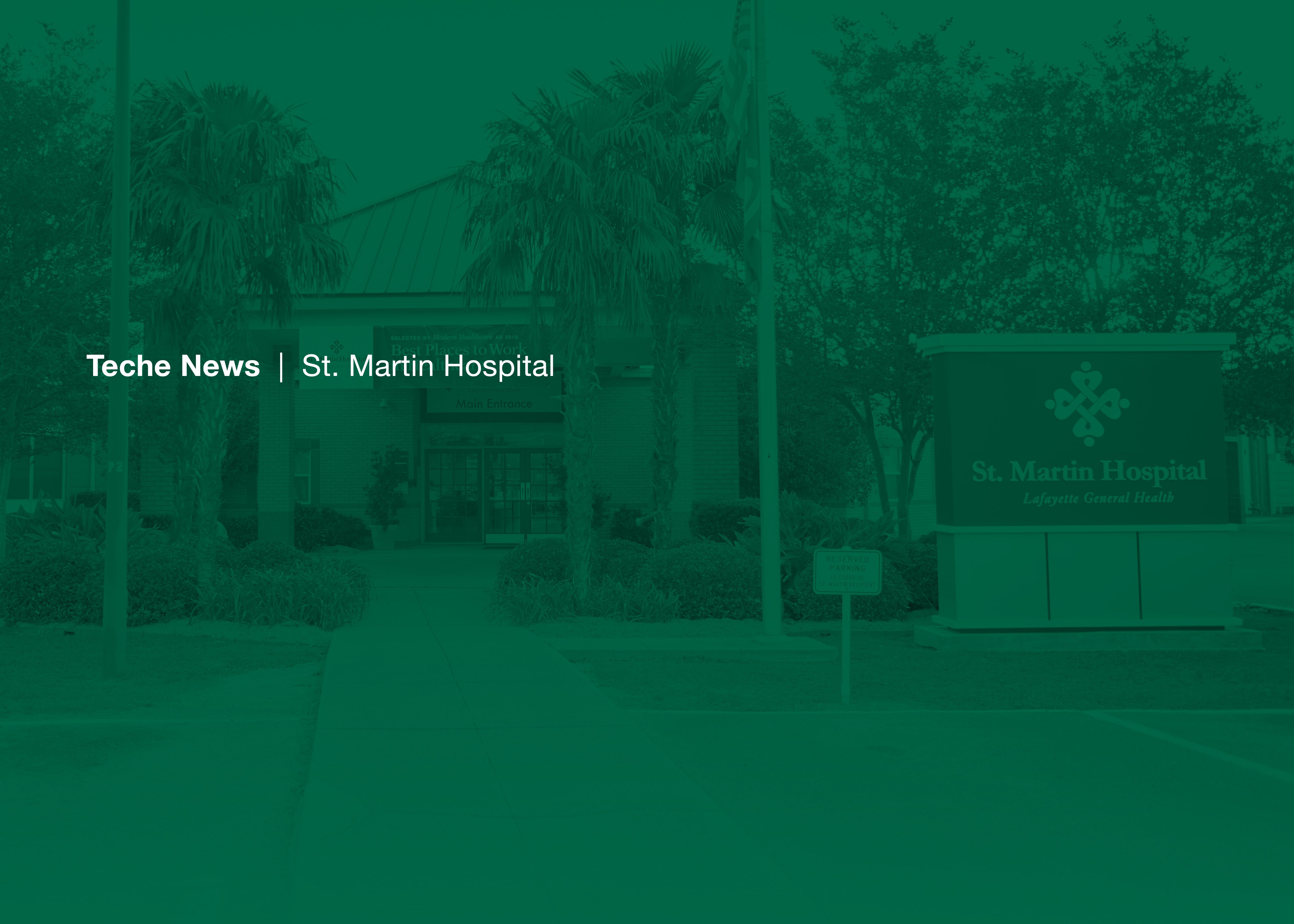
Website to merge into Ochsner.org on August 8!
ochsner.org
ochsner.org

According to the American Heart Association, cardiovascular diseases take more lives each year than all forms of cancer combined. The Centers for Disease Control and Prevention states that one in every four deaths occur from heart disease each year. In the U.S., someone suffers from a heart attack every 40 seconds.
The costs of caring for heart disease is about $200 billion each year including health care services, medications and loss of productivity. And, very significant, is the fact that 80% of cardiac and stroke events can be prevented. Heart disease can affect anyone of us.
There are certain heart symptoms that should never be ignored. Most heart attacks involve discomfort in the center of the chest and last more than a few minutes, or comes and goes in waves. It can feel like an uncomfortable pressure, or even pain. Discomfort or pain can also take place in the arms, the back, neck, jaw or stomach.
Shortness of breath with or without chest discomfort and other signs like breaking out in a cold sweat, nausea or lightheadedness is common. Warning signs of a heart condition can be progressive, but sometimes symptoms can come without warning.
Don’t wait to get help if you experience any of these heart attack warning signs. Some heart attacks are sudden and intense. But most start slowly, with mild pain or discomfort. Symptoms vary between men and women. As with men, women’s most common heart attach symptom is chest pain or discomfort. But women are somewhat more likely than men to experience some of the other common symptoms, particularly shortness of break, nausea/vomiting and back or jaw pain.
What can you do to reduce the risk of heart disease? First, see your physician and get your blood pressure and cholesterol levels checked. Ask your physician if you have any physical limits when it comes to exercise and get active!
Exercise and diet are important for maintaining heart health. In fact, some cardiologist recommend that you should at least come in at the age of 18 to have your cholesterol checked and your blood pressure and possibly earlier if you have known risk factors.
St. Martin Hospital has a FREE Road to Good Health Wellness Program for our communities to participate in learning how to exercise at home, proper diets and how to shop and choose healthy foods. There is a Nurse Practitioner teaching as well as certified dietitians therapists and nurses.